Notebook
-
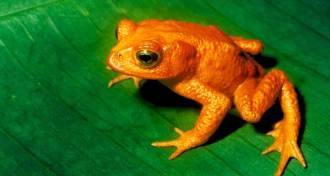 Life
Life1 million species are under threat. Here are 5 ways we speed up extinctions
One million of the world’s plant and animal species are now under threat of extinction, a new report finds.
-
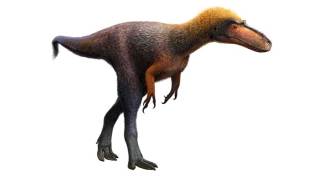 Paleontology
PaleontologyA tiny mystery dinosaur from New Mexico is officially T. rex’s cousin
A newly identified dinosaur species called Suskityrannus hazelae fills a gap in tyrannosaur lineage.
-
 Physics
PhysicsHow scientists traced a uranium cube to Nazi Germany’s nuclear reactor program
New research suggests that the Nazis had enough uranium to make a working nuclear reactor.
-
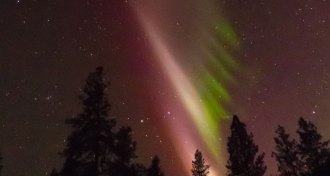 Physics
PhysicsHere’s what causes the aurora-like glow known as STEVE
Amateur astronomer images and satellite data are revealing what causes the strange atmospheric glow called STEVE.
-
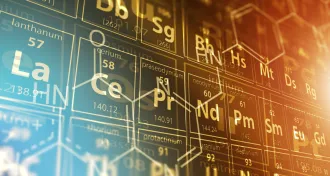 Chemistry
Chemistry50 years ago, scientists fought over element 104’s discovery
A conflict known as the Transfermium Wars marked a contentious struggle over the search for new elements beginning in the 1960s.
-
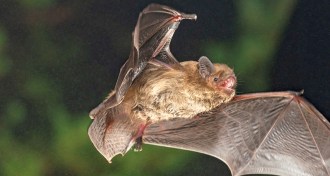 Animals
AnimalsA scientist used chalk in a box to show that bats use sunsets to migrate
A new device for investigating bat migration suggests that the flying mammals orient themselves by the setting sun.
By Yao-Hua Law -
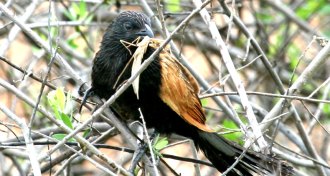 Animals
AnimalsParenting chores cut into how much these bird dads fool around
Frantic parenting demands after eggs hatch curtail male black coucals’ philandering excursions the most, a study finds.
By Susan Milius -
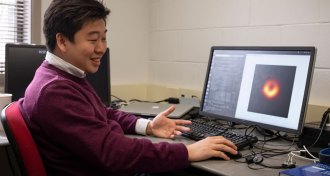 Astronomy
AstronomyMeet one of the first scientists to see the historic black hole image
Kazunori Akiyama was one of the first scientists to see the black hole snapshot.
-
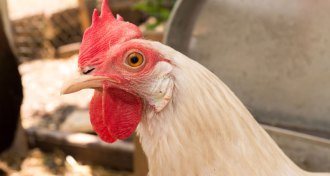 Health & Medicine
Health & MedicineChickens stand sentinel against mosquito-borne disease in Florida
To learn where mosquitoes are transmitting certain viruses, Florida officials deploy chickens and test them for antibodies to the pathogens.
-
 Neuroscience
NeuroscienceOur brains sculpt each other. So why do we study them in isolation?
Studying individual brains may not be the way to figure out the human mind, a social neuroscientist argues.
-
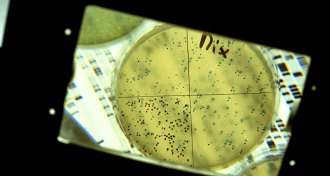 Life
Life50 years ago, scientists were unlocking the secrets of bacteria-infecting viruses
In 1969, a bacteria-infecting virus held promise for unlocking the secrets of viral replication. Fifty years later, the virus is a versatile tool for scientists.
-
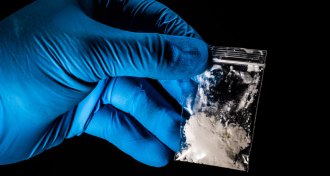 Health & Medicine
Health & MedicineA single-dose antidote may help prevent fentanyl overdoses
Packing overdose medication into nanoparticles could help it better counteract dangerous synthetic opioids.